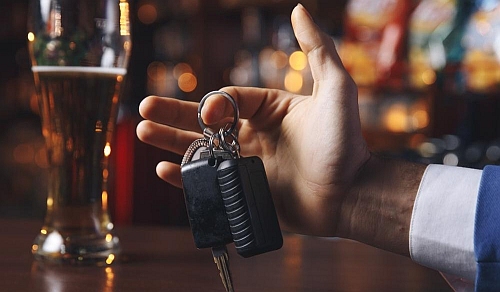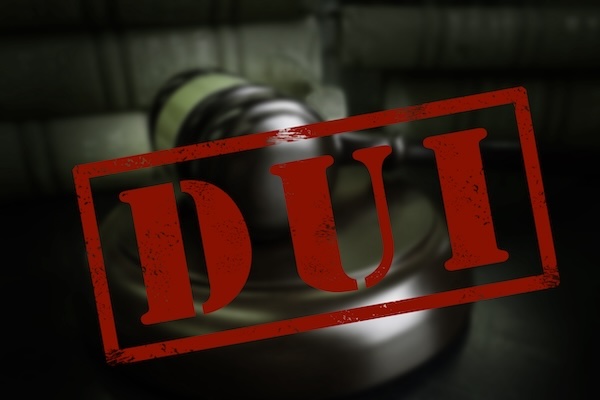In order for prosecutors to introduce evidence against a criminal defendant in court, that evidence has to be reliable. Part of ensuring reliability is proving an unbroken chain of custody involving everyone who handled the evidence. There may be numerous individuals involved in this chain of custody. This opens the door to potential mishandling of the evidence, which can create reasonable doubt.
If a blood or urine sample was taken after a DUI arrest, it’s time to retain an Indianapolis DUI attorney. Rathburn Law Office P.C. is ready to represent you.
What Is the Chain of Custody?
The law requires certain evidentiary rules to be followed to ensure that the rights of criminal defendants are protected. More specifically, there is a possibility that evidence can become contaminated or corrupted. This threatens the reliability of the evidence and can lead to false convictions. One of the primary ways to ensure this doesn’t happen is to require the chain of custody to be proven.
With respect to DUI matters, the chain of custody usually concerns blood or urine samples. The prosecution will want to introduce a sample in court that demonstrates the presence of alcohol. But to do so, it must identify the individuals who handled the evidence at each stage, from drawing to testing.
The chain includes the person who drew the blood and the person who tested it, plus others along the way. If the prosecution cannot demonstrate a reliable chain of custody, the evidence becomes inadmissible.
Who May Be Involved in the Chain of Custody?
A blood or urine sample drawn from a DUI suspect could be evidence of the presence of alcohol. But taking the sample, testing it, and properly handling it along the way are delicate matters.
At any point, the sample could be mishandled, lost, or confused with another. Contamination could enter the sample and render it useless. All of these potential scenarios introduce doubt into the equation which can potentially exclude the sample from court.
The chain of custody that must be proven could involve several different individuals, depending on the circumstances. That includes the persons who:
- Took the sample (e.g. drew the suspect’s blood)
- Labeled the sample
- Sealed and stored the sample
- Transported the sample from one place to another
- Handled the sample in any way.
Proving the chain of custody in court for a typical blood sample may look like this:
- The police officer who requests the sample will testify in court about doing so.
- The nurse who drew the blood will need to testify in detail about how he or she did it.
- The police officer must also testify about what was done with the sample when the nurse handed it over.
- Individuals from the lab who received the sample from the officer must testify about how it was handled.
- The specific person who tested the sample must testify about the test method and results.
There could be others, depending on the situation, who might be required to testify because they handled the sample. With so many people, there’s a chance the evidence could be mishandled.
An experienced DUI lawyer will know what to look for in the chain of custody. Your attorney can identify weaknesses in the chain and raise doubts about the reliability of the sample. It may be possible to completely exclude the blood or urine sample from court entirely.
This substantially weakens the prosecution’s case and makes an acquittal more likely.
Find Out How We Can Defend Your Rights in Court
Are you facing DUI charges? If so, hiring a dedicated DUI defense lawyer is critical to protecting your rights and interests. Rathburn Law Office P.C. works to achieve the best possible outcome for our clients. Reach out to us today to learn more.










